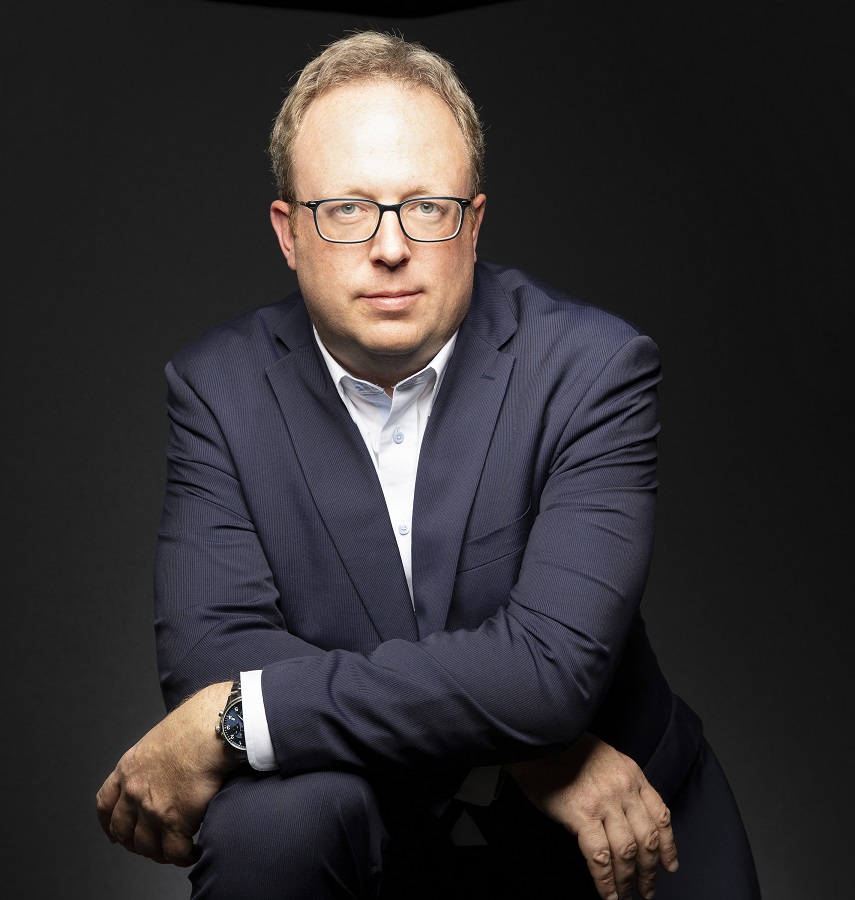
- This event has passed.
Constitutional Roundtable with Professor Dwight Newman
October 3, 2023 @ 12:30 pm - 2:00 pm
The David Asper Centre for Constitutional Rights’ Constitutional Roundtables are an annual series of lunchtime discussion forums that provide an opportunity to consider developments in Canadian constitutional theory and practice. The Constitutional Roundtable series promotes scholarship and aims to make a meaningful contribution to intellectual discourse about Canadian constitutional law.
 Professor Dwight Newman presented the following paper (click link):
Professor Dwight Newman presented the following paper (click link):
Between Individuality and Sociality in the Charter: Reengaging the Significance of the Section 2(b) Freedom of Thought and Section 2(d) Freedom of Association
Tuesday, October 3, 2023 – 12:30pm to 2:00pm
Location: FL219 John Willis Classroom, Flavelle House, Faculty of Law
Abstract “This paper bridges some of my recent and ongoing work on freedom of thought, freedom of association, and, more generally, what I have called the ‘forgotten freedoms’ (those section 2 freedoms that have been underdeveloped in scholarship and jurisprudence relative to others), connecting to a broader theme in my work that many rights instruments are less individualistic than they first appear and instead involve a complex mediation of individuality and sociality. In the paper, I make an argument for the significance of the underdeveloped section 2(b) freedom of thought provision, showing how the history of human rights instruments, emerging international discussion of freedom of thought, and emerging contemporary challenges(including a brief romp through some particular issues from AI) can help to highlight the relevance and potential paths forward for the provision. In doing so, I contest doctrinal arguments by the likes of Peter Hogg and philosophical arguments by Fred Schauerthat would challenge the appropriateness of regarding freedom of thought as an independent freedom, and I claim that associated path dependence has resulted in a misshaping of Charter interpretation. This underdeveloped individual freedom, protecting the forum internum, sits textually alongside an underdeveloped social freedom, the section 2(d) freedom of association. On section 2(d), I will argue that Canadian case law that has developed section 2(d) principally in the context of labour unions has similarly missed the underlying philosophical richness of the provision, with path dependence in litigation power dynamics contributing to a provision failing to be developed across the full range of its appropriate applications (something highlighted in problems arising amid recent events associated with COVID-19 and its aftermath). On my argument, the careful balance of freedoms within the Charter and the individual-social axis within the Charter have faced distortion within the limited parameters of Canadian judicial and scholarly engagement with the Charter, with judicial engagement understandably hemmed in by what is litigated and scholarly engagement unnecessarily limited but potentially more open to new imaginative endeavours that can seek to reengage the full potential of the Charter.”
Dwight Newman, KC is an academic visitor at the University of Toronto Faculty of Law in September-October 2023 and will be Professeur invité at the Faculté de droit of l’Université Laval in November 2023. Normally, he is Professor of Law at the University of Saskatchewan, where he has been on faculty since 2005, and where he has also served a term as Associate Dean Academic and a 2013-2023 term in a Canada Research Chair in Indigenous Rights in Constitutional and International Law. He has over 200 publications of various types, including 15 books. His writing is regularly cited as an authority in judicial decisions in Indigenous rights and constitutional law cases. He has been a fellow or visitor at Cambridge, Oxford, McGill, Princeton, l’Université de Montréal, and the University of Western Australia (UWA). He is a member of the bars of Ontario and Saskatchewan and maintains a small part-time constitutional law practice. He was a law clerk to Chief Justice Antonio Lamer and Justice Louis LeBel at the Supreme Court of Canada and has also worked for Justice Canada and for human rights organizations in Hong Kong and South Africa. His initial studies were in his home province of Saskatchewan (BA in Economics at Regina and JD at Saskatchewan), and he completed his legal graduate studies at Oxford as a Rhodes Scholar (BCL, MPhil, DPhil). He recently completed two additional graduate degrees that deepen his interdisciplinary understandings and sense on the social place of law (MATS in History of Christianity and MSc in Finance and Financial Law). He has served in various board or committee roles, including at different times as Co-Chair of the American Society of International Law (ASIL) Rights of Indigenous Peoples Interest Group, member of the International Law Association (ILA) Committee on the Implementation of the Rights of Indigenous Peoples, voting member of the Canadian Bar Association (CBA) national council, Vice-President of the Canadian Law and Society Association, and member of the boards of organizations involved in public interest litigation (Advocates for the Rule of Law and the Canadian Constitution Foundation). He also has a longstanding role as a volunteer judge for the international rounds of the Jessup International Law Moot.
